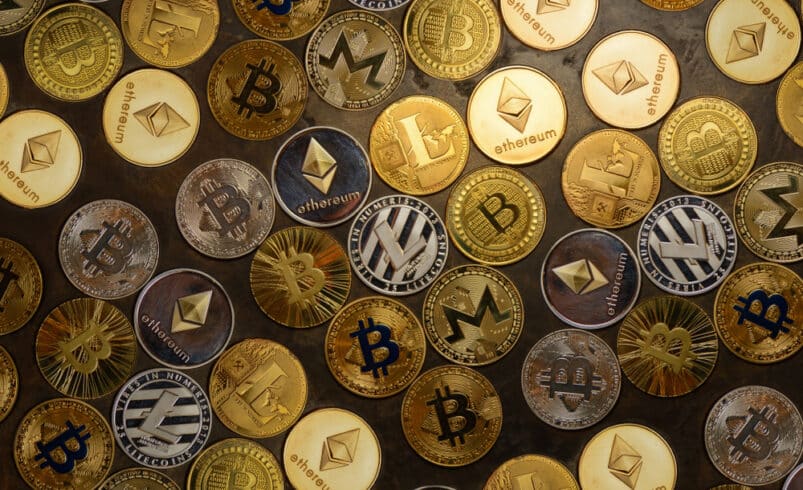What are Security Tokens and How Do They Work?

What is a Security Token?
Security tokens are digitized versions of traditional stocks that are hosted on a blockchain. Companies issue stocks to allow investors to acquire a percentage of the ownership of the enterprise in exchange for money. Investors can purchase stocks on stock exchanges and secondary markets.
However, in recent times, more investors have participated in cryptocurrency markets on account of their higher accessibility and smaller participation costs.
Therefore, companies are considering using blockchain technology to issue digitized versions of their stocks and make them available for investors in the form of security tokens.
How do Security Tokens Work?
Security tokens are tokenized forms of shares or stocks that are issued by a public limited or listed company. Therefore, security token afford all the advantages of a traditional stock offering such as dividend payments, voting privileges, and profit sharing etc.
However, the tokenization process adds another layer of advantages for the prospect investors and also the issuers. Companies undertake the same regulatory process that is applicable for listing and issuing stocks on the traditional stock exchanges.
However, the firms can use private blockchain or other types of distributed ledgers to convert their shares in a tokenized form with advantages such as fractionalized purchases.
Security tokens may be listed on digital trading platforms that are accessible to investors in the form of websites, desktop software, and mobile applications.
Advantages of Security Tokens
Here are some visible benefits of security tokens, mentioned as under:
Transparency
Security tokens are hosted on public ledger that brings more transparency for the retail investors that do not have access to the internal matters of an enterprise. Therefore, anyone can access the smart contracts on the platform to manage their token reserves, track the issuance, and manage their reserves.
Fast Speed
Clearing time and delayed settlements are two of the biggest issues that are plaguing the stock investors. Tokenized stocks solve these issues by increase the settlement speed and removing barriers in delaying the clearing process.
In this manner, investors will be to purchase, sell, and trade stocks at a rapid pace allowing them to process large scale trades in near-instant transactions.
Uptime
The uptime for financial entities is limited meaning that traditional stock markets are only active during the business hours. It means that investors are unable to process any trades during the downtime on weekends and after working hours.
However, tokenized stocks are listed on the digital trading platform and they are traded around the clock and every day without taking breaks.
Division
Tokenization is an option that is available for various forms of investment products such as real estate, art collections, commodities, and other forms of assets. Tokenization has the added benefit of fractionalization meaning that investors can purchase a smaller denomination for a fragment of its overall value.
In this manner, the market exposure of a given product increases at the same time the accessibility for investors is increased.
Security Tokens and Programmable Finance
The tokenization of stocks can bring a considerable change to the existing stock trading trends and economy. Enterprises can shift towards security tokens using blockchains and digital ledger technology.
At one end, tokenization solves the issues that arise from the centralization of the existing investment sectors. However, when private enterprises start creating isolated tokenization systems it can create a problem of compatibility and lack of interoperability.
Such a situation can lead to the elimination of industry-wide standardization that increases operating costs for associated businesses. At the same time, it can create accessibility issues for the investors and increase transaction completion delays for them.
This creates the demand for an interoperable network that unites different legacy system on a consolidated trading platform allowing faster transactions and ensuring financial autonomy for the investors.
Conclusion
Security tokens have many advantages as mentioned before. However, it is important to keep risk associated with them such as regulatory uncertainty, losses, unwarranted sales, and possible theft etc.













